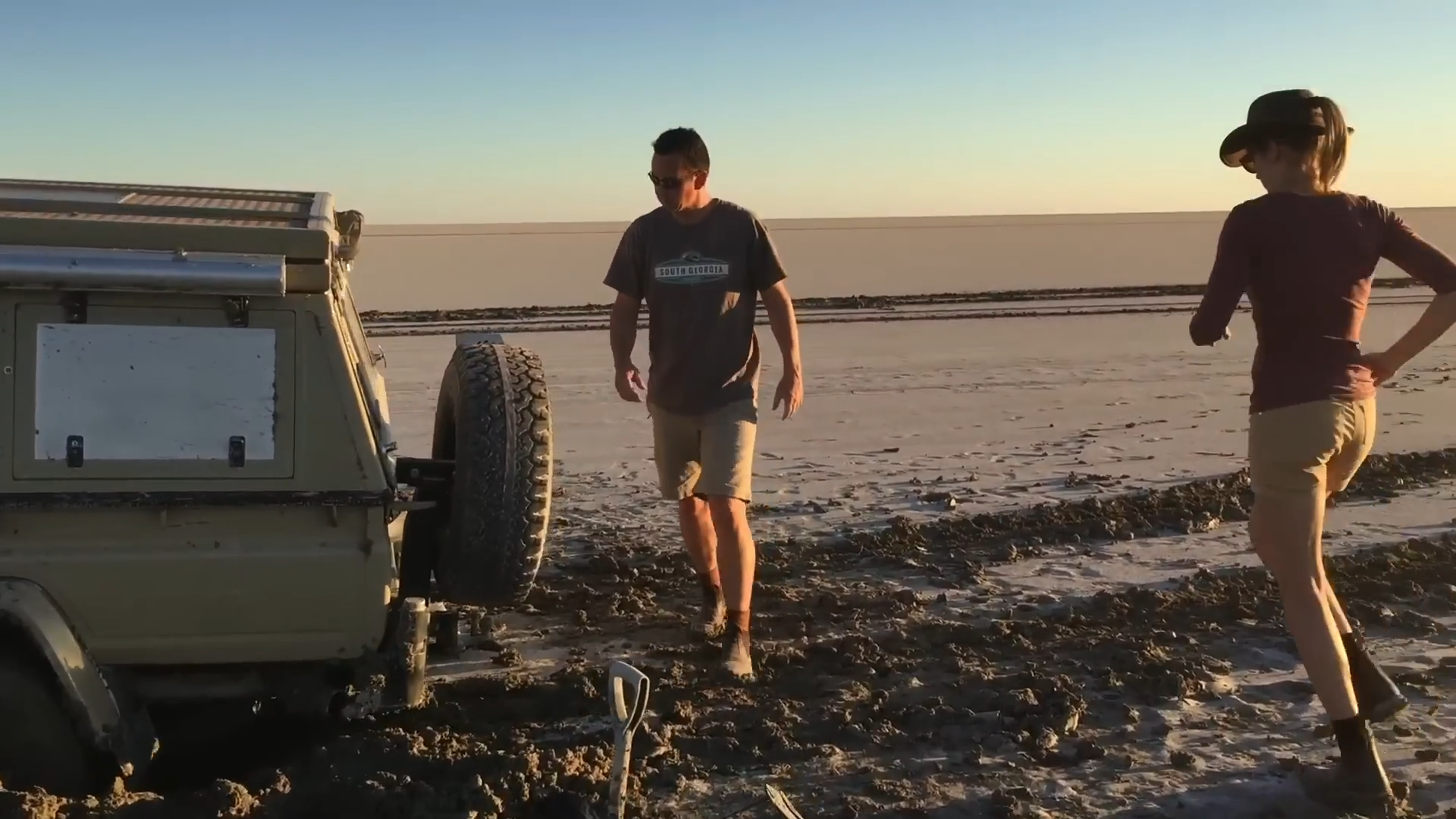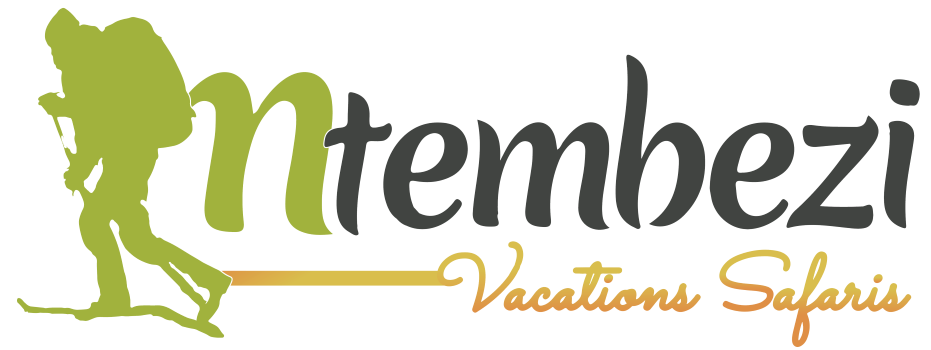Botswana: Responsible and Sustainable Travel
Leading the way in responsible tourism, we ensure every holiday is vetted to enhance the positive impact on local communities and environments while reducing any potential negative effects.
Wildlife and Human coexistence
Botswana’s commitment to wildlife conservation and sustainable tourism has resulted in an untouched natural landscape. As one of the more premium safari destinations in Africa, the fees for entering its national parks are funnelled into conservation efforts and community development. With over 17% of Botswana designated as national parks and reserves, visitor numbers are carefully managed to maintain these sanctuaries. Notably, the revenue from park fees is invested in the nation’s eco-tourism strategy, supporting community-owned tourism projects. These include initiatives like handicraft production, which provides vital income for women in Botswana’s remote regions, and the creation of community campsites, offering a suite of services to tourists.

Our journey employs local guides brimming with enthusiasm for nature and their homeland. Their fluency in the local languages offers guests an exclusive glimpse into the fascinating tribal cultures of the region. Coupled with their sharp game-spotting abilities and profound knowledge of flora and fauna, they ensure a distinctive and enlightening experience. Our senior guides have ascended through the ranks within our company, earning widespread recognition and respect for their guiding prowess.
In the Okavango Delta, our camps are designed to be small and traditional, reducing the impact on limited resources like electricity. Eschewing air conditioning to protect the environment, we opt for solar panels wherever feasible, supplemented by generators. Upon arrival, guests receive guidance on conserving energy. These camps blend seamlessly into their surroundings, leaving no trace behind.
The lodges we patronize not only offer crucial employment opportunities to the local community but also actively contribute to the well-being of their staff. Initiatives include AIDS awareness programs and the provision of welfare officers, lay counsellors, and peer educators. As a fully digital enterprise, we commit to sustainability by forgoing paper brochures.

